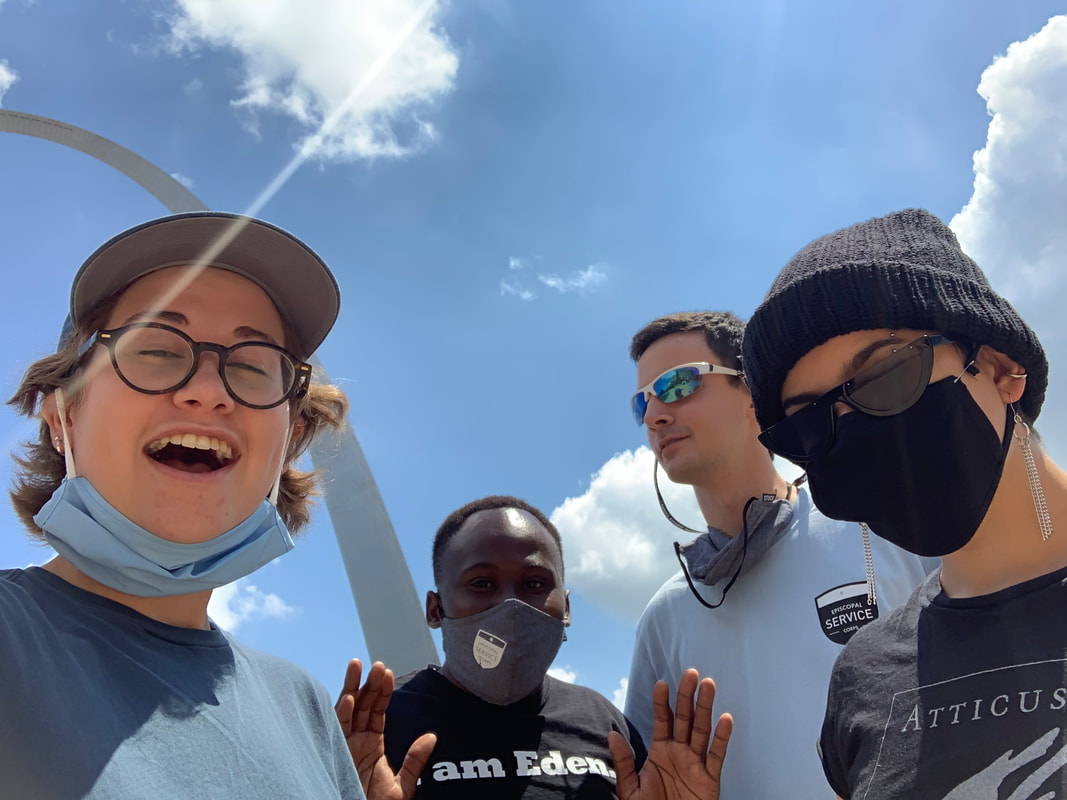|
Today might be one of the most emotional church days of the year. It starts with a joyful parade, and is going to end with us condemning Christ to die.
Jesus comes into Jerusalem, Jerusalem that is the place of prophecy, Jerusalem that is the seat of the kingdom of Israel, and there is a parade for him. There are hundreds, thousands of people, people who have been hoping and waiting and praying for a savior for SO LONG, thronging around him, shouting ahead of him. There are palms and a donkey and a colt and cloaks being lavishly thrown on the ground by people who probably can’t well afford to do so. There is so much rejoicing. This isn’t a party for no reason. Jesus isn’t just a random guy at this point. He’s been healing people, he’s been preaching, he’s been gaining followers. He’s been making the Roman authorities mad, making the leaders of his own community SCARED, challenging the Roman empire in ways that are just subtle enough not to get him killed immediately, but clear enough to get him on every single list imaginable. And now he’s HERE in Jerusalem, here to topple the whole thing. He’s here to put everything right, to be the king that everyone has been waiting for for so so SO long, here to end the colonial rule of the Romans, here to let everyone worship and live and love and not be burdened by unjust taxes and cruel soldiers and all of the indignities that come from the crushing weight of imperialism. We already know what happens at the end of this. We can flip ahead in our bulletin to see the reading at the end of today’s service. We already know the service times on Friday, know the readings, know the gory details of the crucifixion. So what’s the point of this, now? Why is everyone celebrating, why does everyone think that they’ve WON when Jesus is just going to DIE on Friday? And then here comes Paul, telling everyone that “there is no longer Jew or Greek, there is no longer slave or free, there is no longer male and female; for all of you are one in Christ Jesus.” It’s one of my favorite bible passages for reasons that are probably pretty clear as you look at me. But is what Paul’s saying even true, or just a cruel joke? Because looking around, it definitely doesn’t seem like anything has been broken down, like any of us have been made one in Christ. In our world today, trans kids are being told very firmly that there IS male and female, and that any attempt to be who you are will get your doctors thrown in prison and your parents investigated by Child Protective Services. They’re being told that maybe everyone else has been made one in Christ, except for them, and that the state is going to punish them accordingly. Even if God doesn’t think there’s male or female, every single force controlling our world definitely does. And if you try to live like Paul’s letter is true, you’re going to be crushed, you’re going to be chewed up and spit out and live to regret daring to have any sort of hope that something as naïve and childish as all that could be worth basing a life on. What’s the point of any of this hope, any of this rejoicing, if it’s all just going to end in death? Why would we rejoice, why would anyone welcoming Jesus into Jerusalem rejoice? Why would anyone feel hope reading Paul, or reading Isaiah, when none of this liberation seems true when we look outside? Jesus KNOWS all of this. He walks into Jerusalem, in the middle of an excellent parade, knowing that later on, he is going to be walking these same streets with a cross on his back. And he still goes. Not even grudgingly, actively - he sends the disciples out to get the colt and the donkey, he sits on them (itself a performance, to sit on two animals, and not exactly a comfortable one!). He parades in willingly. There’s a certain tragic beauty in all of it, a completely grim, horrible one. God on parade, Jesus knowing that he is going to die in a few short days, and us on the sidelines stupidly cheering. So why does Jesus do this? Why go so willingly, why sit in the hopelessness, why let us cheer him on and make fools of ourselves? And why does Paul proclaim all of these barriers and divisions to be broken down, when we can look around and see that they’re still there? A few weeks ago, at the church we’re at most Sundays, Trinity in St. Louis, we gathered to write letters to the senators on the Seniors, Families, Veterans and Military Affairs committee, asking them to prevent Senate bill 843, a bill criminalizing providing gender affirming care to trans kids in Missouri, from leaving committee. It was beautiful. There were kids running around, their parents telling them about what we were doing, about their friends who the bill would affect. There were priests, still in various degrees of church vestments. There were drag queens and church ladies and a motley collection of young people, all focused on trying to convince the government to keep caring for our neighbors legal. We sat around after mass, handwriting letters on pretty, church stamped note cards, putting bible quotes into the letters, carefully stamping them. We wrote 108 letters. But the bill still left committee and is heading to the senate floor for a vote, with decent chances of passing. Did it still matter that we wrote them, that we tried, if it’s just going to fail? The overwhelming, rational answer should be no. It’s an impractical project, it’s politically futile to write letters to a committee comprised of people who think trans children fundamentally shouldn’t exist, begging them to see the beauty of queer humanity. Except of COURSE it still matters. It matters for the same reason that the incarnation does. It matters for the same reason that the crucifixion does, and it matters because, without the both of those, the resurrection that we celebrate next week could never occur. It matters because the entire Christian story is focused around losing - around a horrible story of a brutally murdered messiah who everyone thought really could be it. It matters because Jesus walked into Jerusalem knowing that he was doomed to die, and sitting proud on the donkey and the colt anyways. God’s whole idea to become human and to live among us is absurdly impractical and was bound to result in failure anyway. And if we are to follow Christ, we ourselves are committing to a vision of the world that is bound to result in that same failure. And we are committing to try anyway. Dietrich Bonhoeffer, a Germany theologian and minister who was arrested and executed by the Nazis for conspiring to kill Hitler said “when Christ calls a man, he bids him come and die.” This is a grim picture of the world. But it’s also an honest one. And in this honesty, there is hope. If we see the suffering and sin around us for what it is, and see the truth that not only we, but God, are killed by it, then we can also see the resurrection that God brings forth from it. In our call to die alongside Christ, in our experiences of pain and suffering, we can look and see that the God of all creation experienced this death with us. And we can look ahead, and see that in this death, there is a transformation, there is a breaking down of every oppressive system that kills us and our neighbors daily, we can see /tone shift/ there is no longer Jew or Greek, there is no longer slave or free, there is no longer male and female; for we are one in Christ Jesus. We can see that FINALLY, hope will emerge from hopelessness, death will emerge from life, and God does, and did, and will win.
0 Comments
Leave a Reply. |
Categories |
|
Mailing address:
DAH c/o Diocese of Missouri 1210 Locust St. Louis, MO 63103 |
(c) 2014 - 2020 Episcopal Diocese of Missouri
|




 RSS Feed
RSS Feed